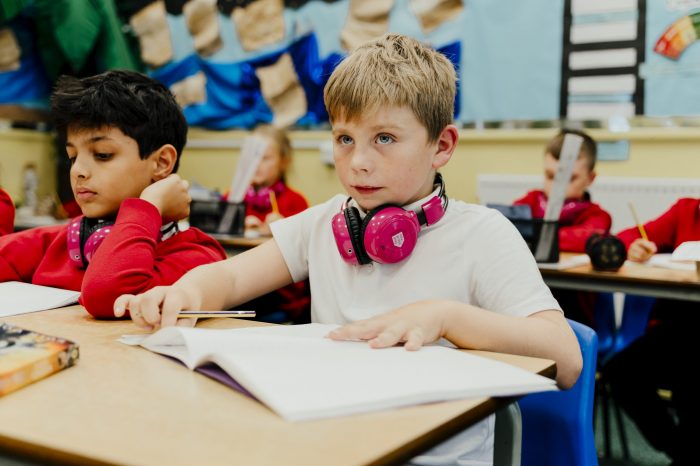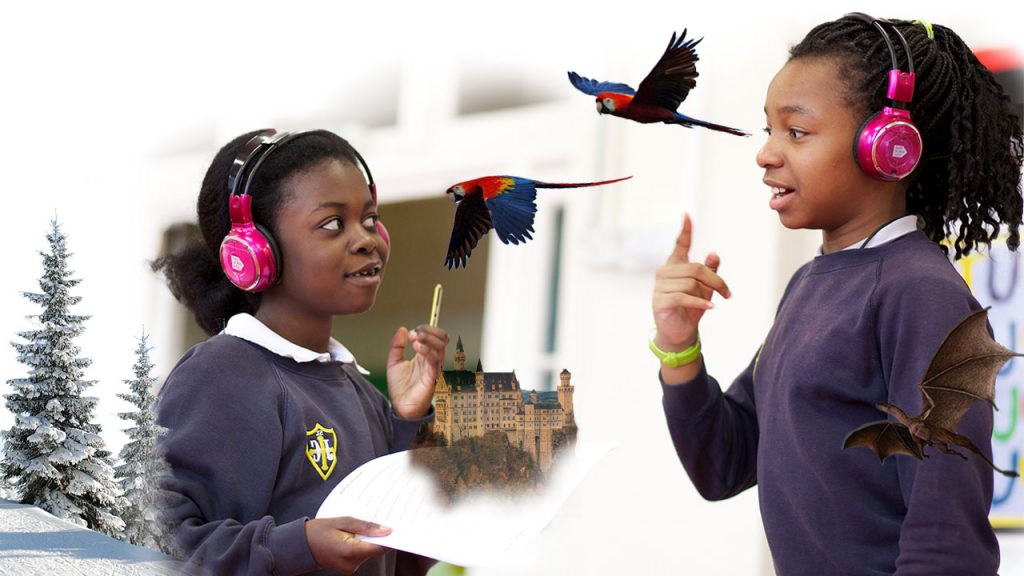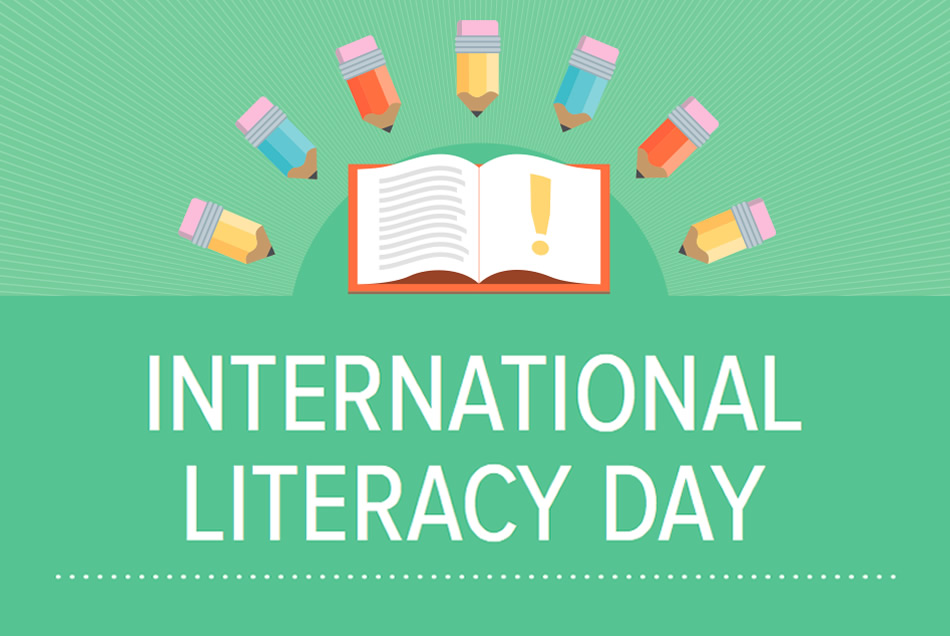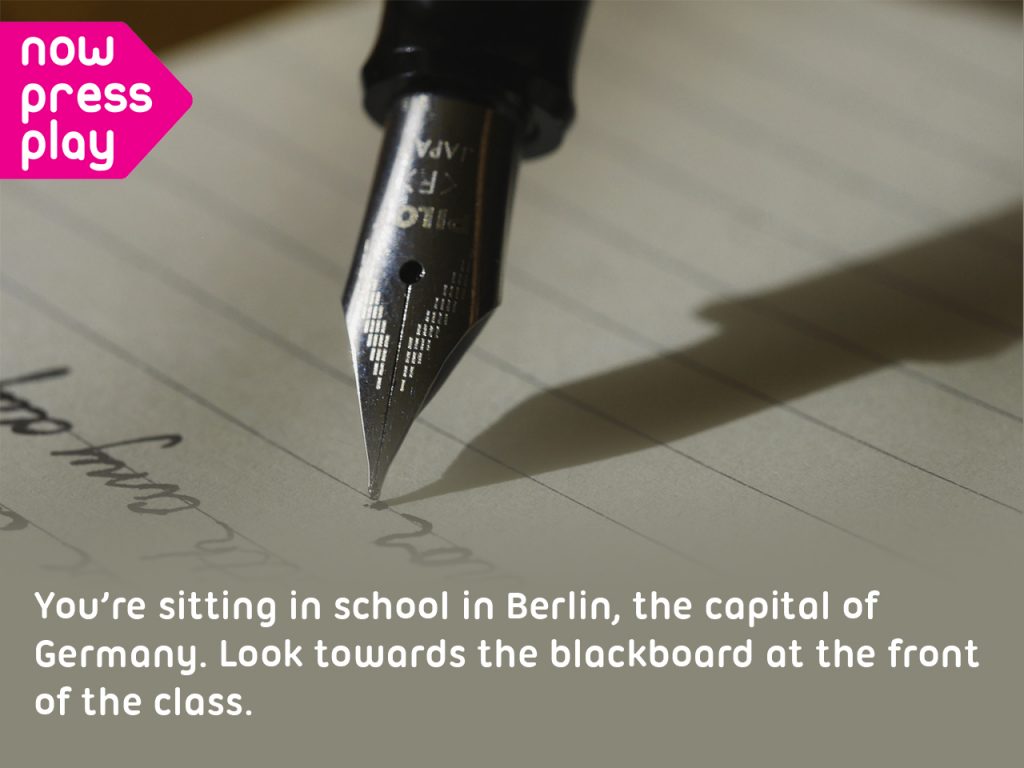
Around one in five or 776 million adults worldwide can’t write their own name or read a line from a book (In the UK, 1 in 6 people struggle with literacy). On 8th September each year, International Literacy Day encourages communities around the the world to raise awareness for those who cannot read or write. The day also gives children a chance to discover the joys of reading.
To help bring you inspiration this year, we spoke with literacy teaching expert Phil Beadle about ways schools can embed a culture of reading and writing, from technology to football.
Do you have any unique methods to encourage an interest in reading?
To transmit the “wow” you’ve got to be the “wow”. This, aside from a practised array of silly accents and voices is the sum total of my methodology.
How big a part do schools play in encouraging reading?
The school’s role is absolutely pivotal. I have been working with a wonderful academy in Stoke called Discovery Academy, and their approach is exemplary. They understand that there may not be a reading culture at home and have extended every effort to ensuring there is one at school. Every child has a personalised reading programme which stretches their reading age, provides them with cultural enrichment and understands that, as Morrissey said, “There’s more to life than books you know. But not much more.”
You have a book about teaching literacy through football skills — Please explain.
It is a scheme of work in which I teach sentence structure through playing football, and it has illustrations of Crystal Palace players going through the exercises. I wrote it five years ago as a means to getting some disengaged boys into caring about commas.
Has technology helped or hindered literacy in children?
It depends on the technology: if we are talking about shoot-em-up games that decimate kids’ attention spans, keep them up all night, teach them that violence is a solution and that books are what only stoopid people involve themselves with, then – definitely – they have had marked deleterious effect on the achievement of a specific sub-section of society (boys).
If we are talking about being able to write with word processing facilities, with which you might edit your work, then of course, the opposite. My objection to eulogising technology is the automatic presumption that if you have to plug it in it is going to have a substantial positive effect on engagement; this (commercially driven) imperative leads educators into being uncritical of the software and to just sitting quasi-literate boys in front of a screen and thinking you have done something about their literacy when you should have been sitting next to them teaching them how to read.

How now>press>play can support your literacy teaching
now>press>play have a number of interactive learning Experiences that you can use to support your pupils this International Literacy Day:
- Through sound, story and movement, KS1 classes can learn the importance of Full Stops & Capital Letters while they explore a series of jumbled-up fairy tales.
- Our engaging Relative Clauses and SPAG Experiences for KS2 can help liven up literacy by placing children at the heart of educational adventures, such as a daring chase across London or the history of World War 2.
Many thanks to Phil Beadle for sharing his expertise with us. You can find out more about Phil here, including his books, articles and inspiring videos. You can follow him on Twitter @PhilBeadle. Find out more about International Literacy Day on the UNESCO website.
Read more:




